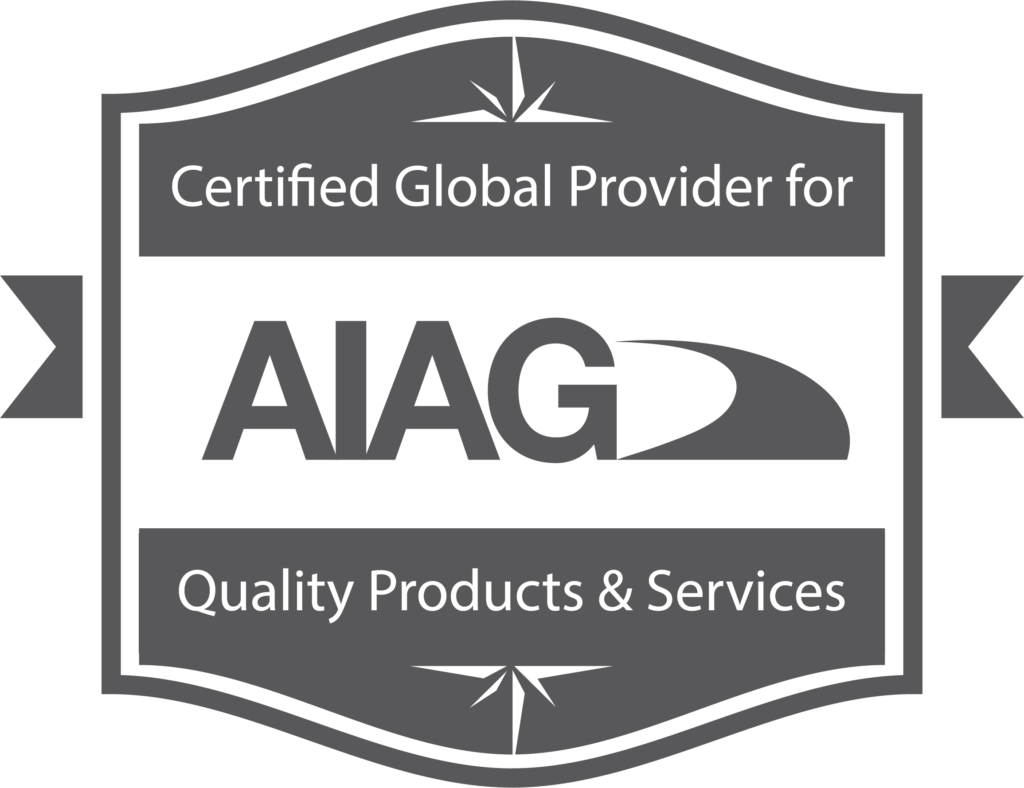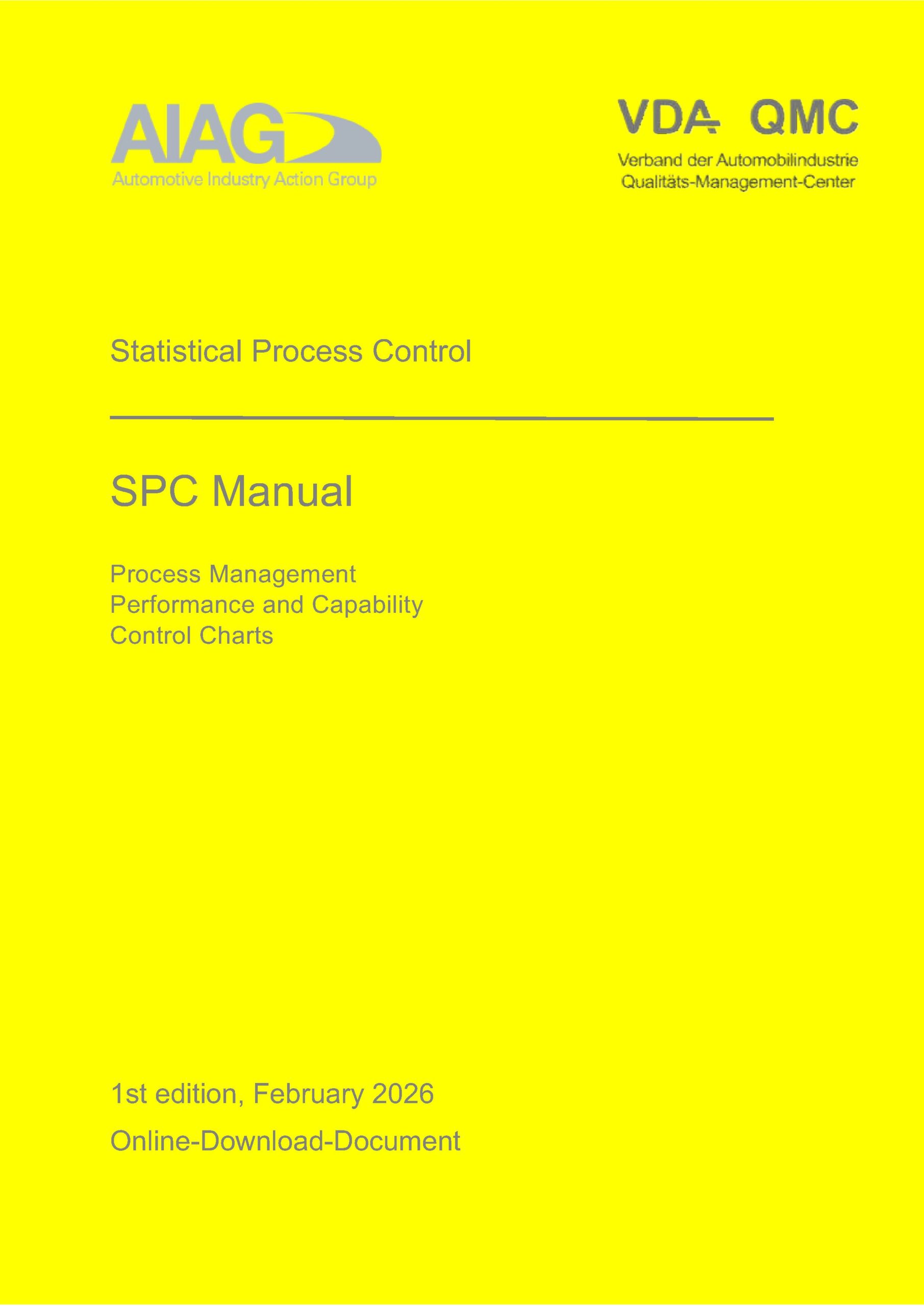This Workshop will help you establish a foundational knowledge base to analyze your manufacturing system and enhance its effectiveness. Gain a basic understanding of how to establish, analyze and implement effective MSA studies and then use that information to develop a statistical process control (SPC) system in a manufacturing environment. MSA must be firm prior to the measurement of process through SPC, so this course explores both tools and their interaction at an introductory level.
Select an existing open enrollment session, or contact us for additional training options.


This Workshop will help you establish a foundational knowledge base to analyze your manufacturing system and enhance its effectiveness. Gain a basic understanding of how to establish, analyze and implement effective MSA studies and then use that information to develop a statistical process control (SPC) system in a manufacturing environment. MSA must be firm prior to the measurement of process through SPC, so this course explores both tools and their interaction at an introductory level.
Length
1 Day (8 Hours)
Prerequisites
None
Recommended for quality managers, Manufacturing Mangers, manufacturing supervisors, quality team leaders, quality assurance and laboratory technicians and engineers, anyone involved in the implementation of IATF 16949:2016, individuals and cross functional teams interested in risk reduction and anyone who wants a better understanding of the fundamentals of SPC and MSA
Participation in group activities during the class and attendance throughout the duration of the course allows the participant to collect a Plexus International Certificate of Completion.

Questions about the privacy and security of our Live Virtual Solutions? Learn more
CT0008-00
The AIAG SPC Manual (Draft Edition) is on the horizon—and if you are responsible for process control, capability, or quality system performance, this update may directly impact you.
Sign up today to receive expert updates on the AIAG SPC Manual Draft and ensure you are ready when the new edition becomes the industry expectation.
